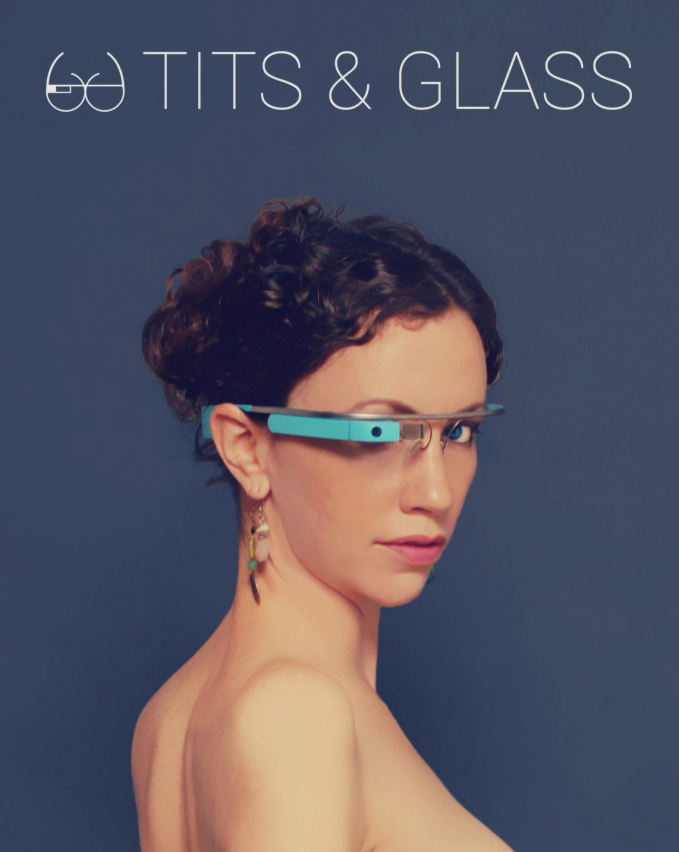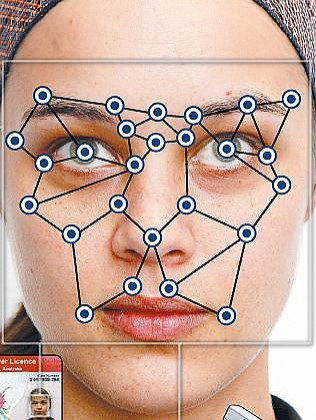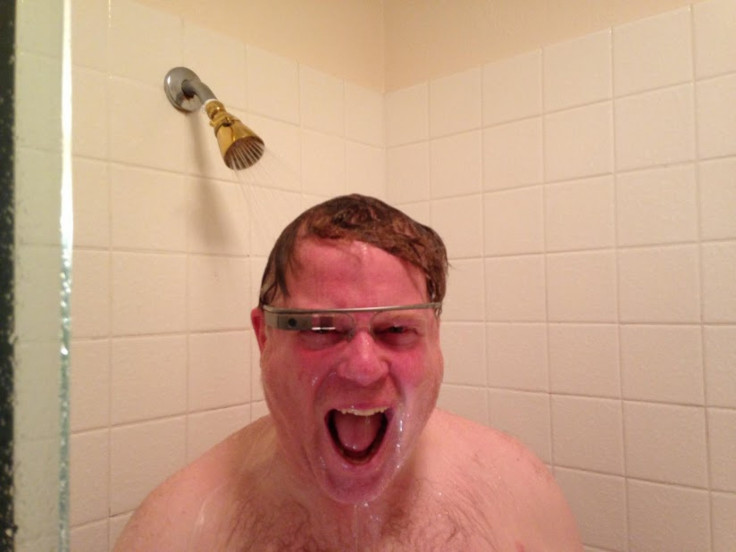Google Glass Ban: 7 Things You Can't Do With Smart Glasses

An early version of Google Glass has been in the hands of lucky developers for almost two months, and people have been dreaming about all sorts of fantastic uses for Google's first piece of commercial wearable technology. Many of them won’t exist for a while, but Google seems to add more apps for the "smart glasses" every week. Glass recently got apps for several social media networks, and Google released an update Tuesday night that added several new options for taking pictures with Glass.
But it seems like every time Google adds another feature to Glass, it bans something else. Sure, a lot of these rules are in place to address the major privacy and security issues Google Glass is raising, but some of them just seem a bit silly. Here is a list of the things Google has already banned from Glass.

1. Sharing
When Google first shipped the "Explorer Edition" of Glass, developers noticed some interesting language in Google’s terms of sale. Google completely forbade owners from reselling or lending their smart glasses; if they detected someone doing so, they would remotely deactivate Glass and not refund the $1,500 price tag.
It makes sense for Google to include this language in the developers version of Glass to prevent the experimental technology from leaking to the general public. Still, terms like these, while common with software, are rarely found with hardware. Usually if you purchase a device, the owner is free to do what he or she wants with it (except, y'know, jailbreak or modify it). Let’s hope Google removes this when the device is available for general consumers.

2. Swearing
If you have a dirty mouth, you’ll have to clean it up if you want to use Google Glass. Google Voice, the dictation program used to operate glass, doesn’t support R-rated language. Developers who tried to text or email the F-word to their friends found that Google Voice would suggest a family-friendly alternative.
This isn’t really anything new, as most voice-dictation programs for Android and iOS censor adult language. But whereas those users can manually change a message to include the swear words, Google Glass -- wearable technology where one of the appeals is being hands-free -- doesn't give you any way to do it. Additionally, there is no way to disable this potty-mouth censor.

3. Fapping
On Monday, MiKandi, the self-described “world’s first and largest adult app store,” announced that it got a pair of Google Glass and developed “Tits & Glass,” the world’s first porn app for the smart glasses. The app allowed users to “share racy content from their devices directly to other Glass users.” It came pre-loaded with adult photos, and there were plans to release Glass-shot point-of-view content through the app.
Just a few hours after the release, Google officially banned sexually explicit content from Glass, effectively shutting down Tits & Glass while it was on its way to being the most popular Glass app. The new rules also ban violence, hate speech and gambling apps.

A major concern with Google Glass is the ability to stealthily take pictures and videos of strangers. With the rapid advancement of facial recognition software, it might be possible for someone to take a picture of someone with Google Glass and learn their name, contract information, where they work and more. According to Arstechnica, a group of congressmen concerned about Google Glass sent Google a list of questions regarding privacy, including one regarding facial recognition technology.
It might come as a relief that Google used Google+ to announce that it would not approve any Glass apps that use facial recognition software. It also updated developer policies to ban apps using the camera or microphone to identify anyone other than the user.
5. Driving
Ok, so Google hasn’t banned using Glass while you drive. In fact, pulling up Google Maps and hands-free communication have been two big selling points of the wearable technology. But a recent test found Google Glass to be essentially unusable and even dangerous to use when operating a vehicle.
Politicians have taken notice of Google Glass. Bills have already been proposed in Delaware and West Virginia that would ban the use of Glass while driving. Several others are considering updating laws regarding texting while driving to include wearable technology like Google Glass.

6. Stripping, Gambling and Pirating
Several industries are concerned about Google Glass’ ability to record video without being noticed. Leading the pack are strip clubs, movie theaters and Las Vegas casinos, which have all pre-emptively banned using Google Glass inside their places of business.
Strip clubs have pretty obvious reasons for banning Google Glass -- they've already been fighting the fight over cell phone use for years. For casinos, the Glass camera could be used to record techniques and aid in card counting. And for the movie industry, which has enough trouble with piracy, Google Glass could become a new way to illegally distribute films.

7. Showering
Alright, there aren’t any rules involving the use of Google Glass in the shower. Tech expert Robert Scoble decided to try it and found that Glass can survive a 5-minute shower. But just because it can doesn’t mean you should. Because… just no.
What other bans should there be for Google Glass? Let us know in the comments section.
© Copyright IBTimes 2024. All rights reserved.






















